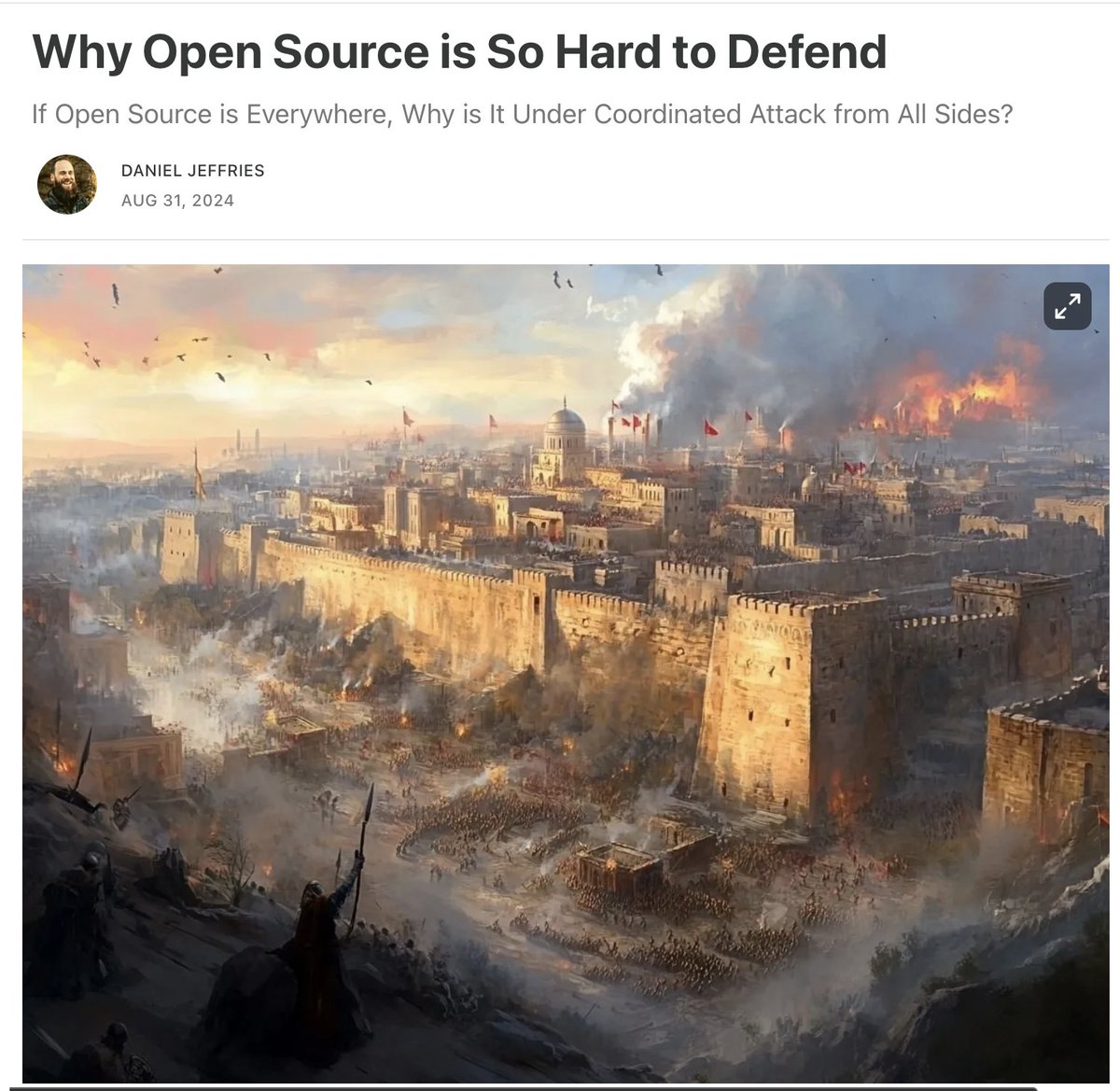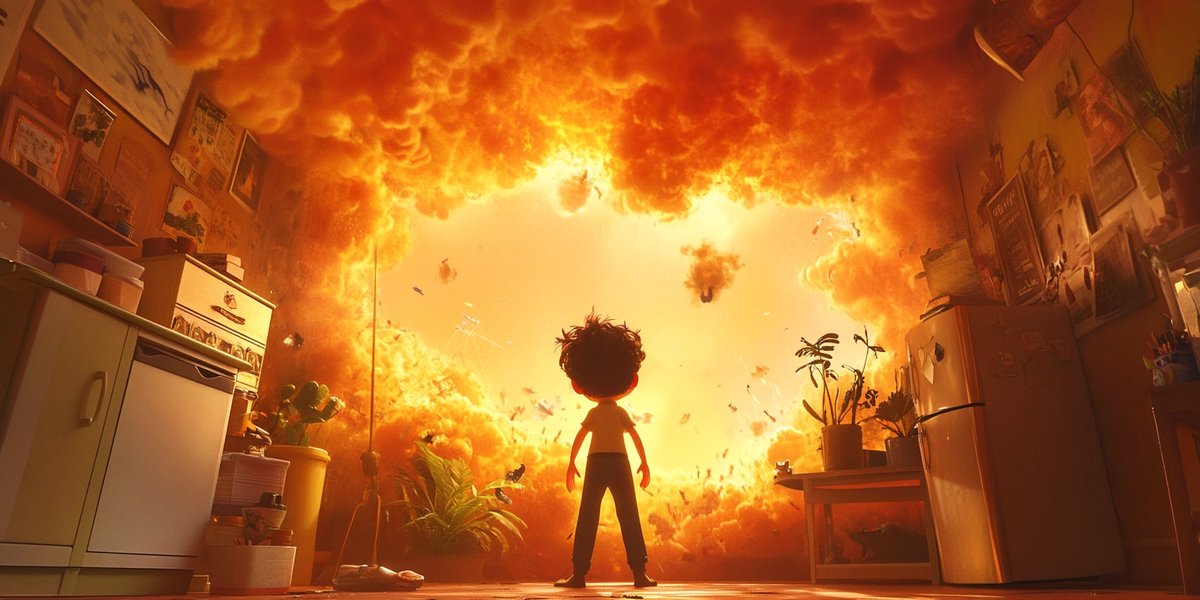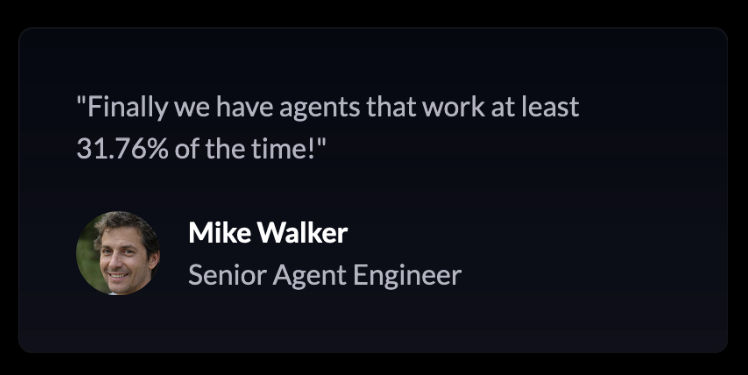
Author, futurist, and systems architect. Recursively self improving.
2 subscribers
How to get URL link on X (Twitter) App


 This book covers the dark history of mankind's most deadly killer: the mosquito, a perfectly designed predator that's virtually unchanged since the time of the dinosaurs.
This book covers the dark history of mankind's most deadly killer: the mosquito, a perfectly designed predator that's virtually unchanged since the time of the dinosaurs. 

 ** It's the End of the World as We Know It **
** It's the End of the World as We Know It **



 I wanted to understand the state of the art by giving myself a hard problem that was also really useful to me.
I wanted to understand the state of the art by giving myself a hard problem that was also really useful to me. 

 You might not think of coffee as technology, but the process of gathering the beans, roasting them, storing them and transforming them into a drink are all part of a chain of technologies that make it possible for you to get your morning caffeine fix.
You might not think of coffee as technology, but the process of gathering the beans, roasting them, storing them and transforming them into a drink are all part of a chain of technologies that make it possible for you to get your morning caffeine fix. 
 2) Child mortality: Nearly HALF of all children used to die, rich or poor, in every country on Earth, into the late 1800s. In most places now it's single digits or a fraction of 1%.
2) Child mortality: Nearly HALF of all children used to die, rich or poor, in every country on Earth, into the late 1800s. In most places now it's single digits or a fraction of 1%. 